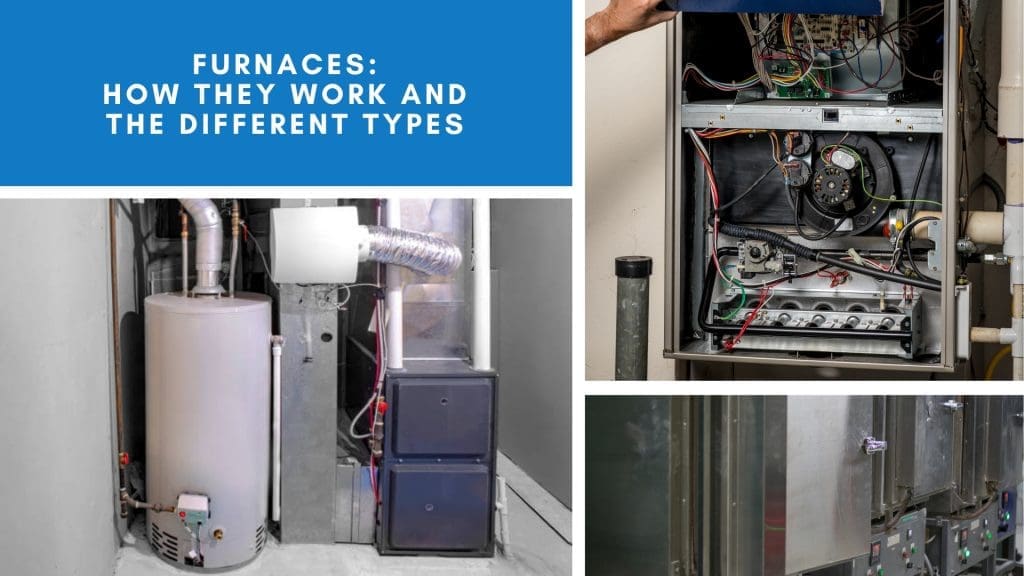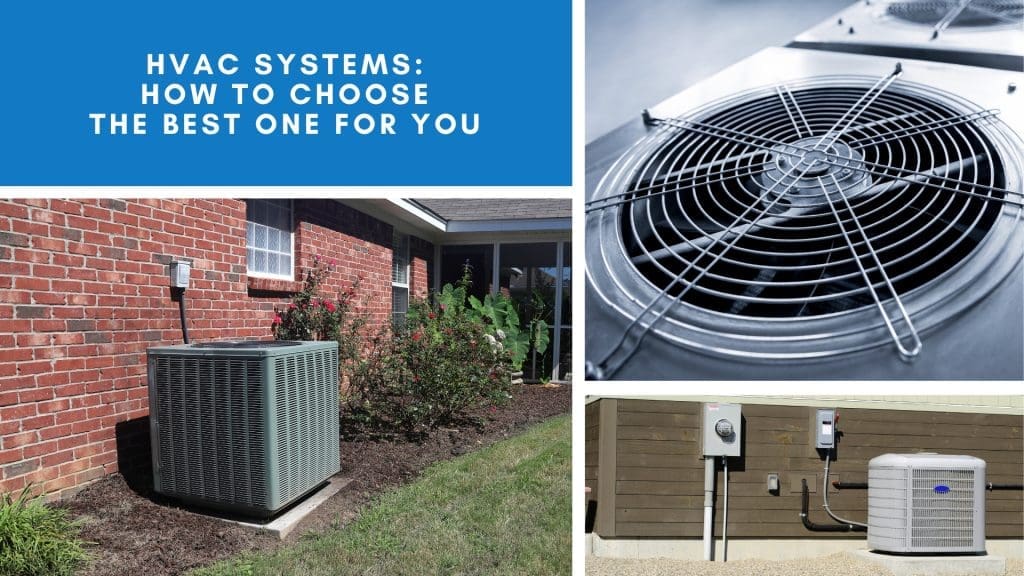Heat Pumps Improve Home Efficiency by offering an energy-saving solution for both heating and cooling. In our fast-paced lives, the quest for home efficiency is more crucial than ever. As energy costs rise and environmental concerns become more pronounced, homeowners are increasingly seeking ways to optimize their energy use without sacrificing comfort.
As a seasoned HVAC professional and owner of LC Heating and Air Conditioning in Hollywood, I understand the importance of reliable, energy-efficient solutions for your heating and cooling needs. Heat pumps have emerged as a frontrunner in this area, offering a versatile and efficient alternative to traditional HVAC systems. They not only provide the desired comfort but also significantly reduce energy consumption, leading to lower utility bills and a smaller carbon footprint. Let’s explore how heat pumps can enhance your home’s efficiency and why they might be the perfect solution for your household.
A heat pump is an energy-efficient device that transfers heat from one place to another. Unlike conventional heating systems that generate heat through combustion or electrical resistance, heat pumps move heat from the outside into your home during the winter and reverse the process in the summer to cool your home. This heat transfer process is remarkably efficient because it utilizes the natural heat available in the air, ground, or water, depending on the type of heat pump. This makes them a versatile and efficient choice for maintaining a comfortable indoor climate year-round, adapting seamlessly to seasonal changes while minimizing energy use.
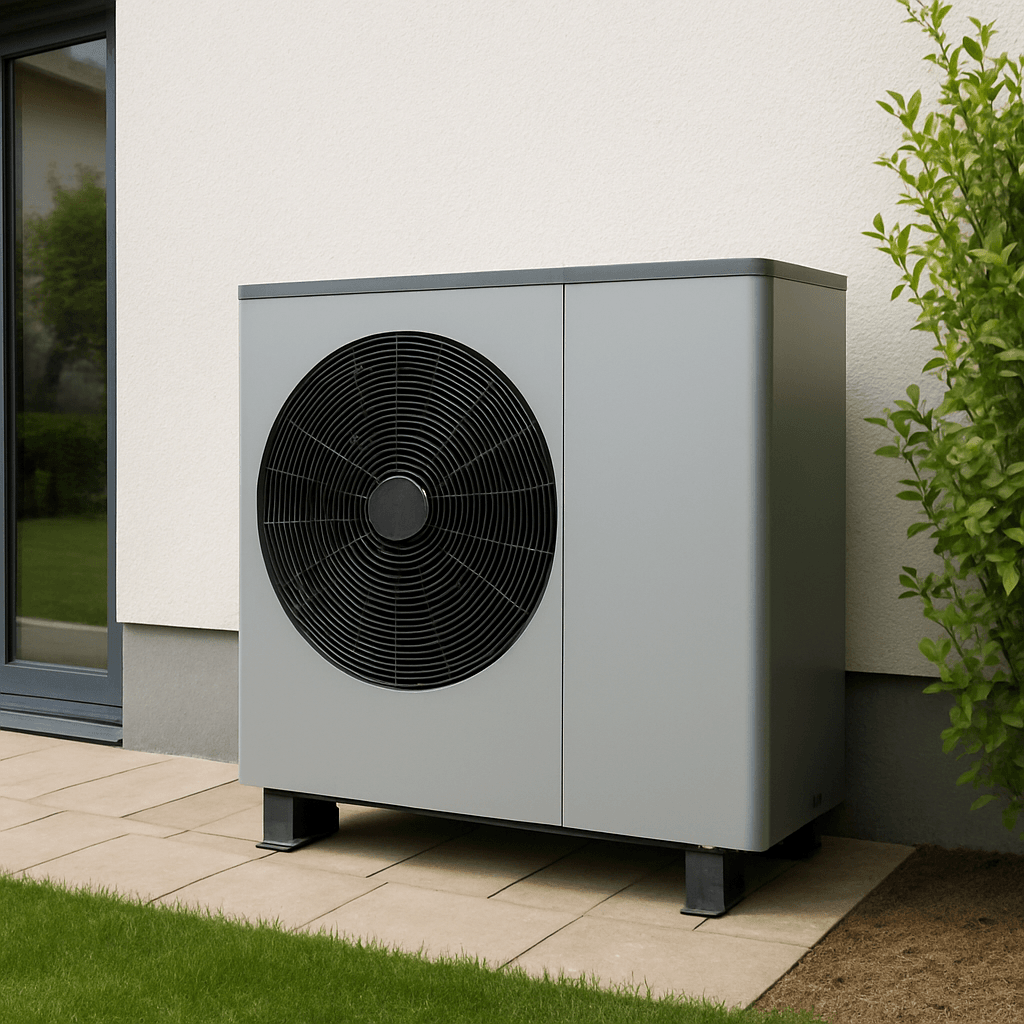
Types of Heat Pumps
There are several types of heat pumps, each with unique features and benefits:
- Air Source Heat Pump: This is the most common type, which extracts heat from the outside air and transfers it indoors. It’s a cost-effective and efficient solution for mild to moderate climates. Modern advancements in air source technology have improved their performance in colder climates, making them a viable option for a broader range of geographical areas.
- Ground Source (Geothermal) Heat Pump: This system uses the earth’s constant temperature to heat and cool your home. It’s highly efficient but requires more upfront investment due to installation complexity, such as the need for underground piping. Despite the initial cost, geothermal systems often pay for themselves through energy savings and are known for their durability and long lifespan.
- Water Source Heat Pump: This type uses water from nearby sources, such as a lake or well, to regulate your home’s temperature. It’s less common but can be incredibly efficient in suitable locations where a consistent water source is available. The efficiency of water source systems can exceed that of air and ground source systems, making them an excellent choice for homes near large water bodies.
How Heat Pumps Enhance Home Efficiency
Energy Efficiency
One of the main advantages of heat pumps is their ability to provide efficient heating and cooling. They typically use less electricity than traditional systems because they transfer heat rather than generate it. This can lead to significant energy savings and lower utility bills. In addition, heat pumps have a high coefficient of performance (COP), which means they can produce more energy than they consume, making them an economically sound choice over the long term. The efficiency of heat pumps is further enhanced by advancements in technology, such as variable-speed compressors that adjust to the demand and improve overall system efficiency.
Versatility
Heat pumps are versatile systems capable of both heating and cooling your home. This dual functionality means you only need one system for year-round climate control, reducing maintenance costs and system complexity. The ability to reverse the flow of refrigerant allows heat pumps to switch seamlessly between heating and cooling modes, providing consistent comfort regardless of the season. This versatility also means fewer components and less space required for installation, which can be particularly beneficial for homes with limited space.
Environmental Impact
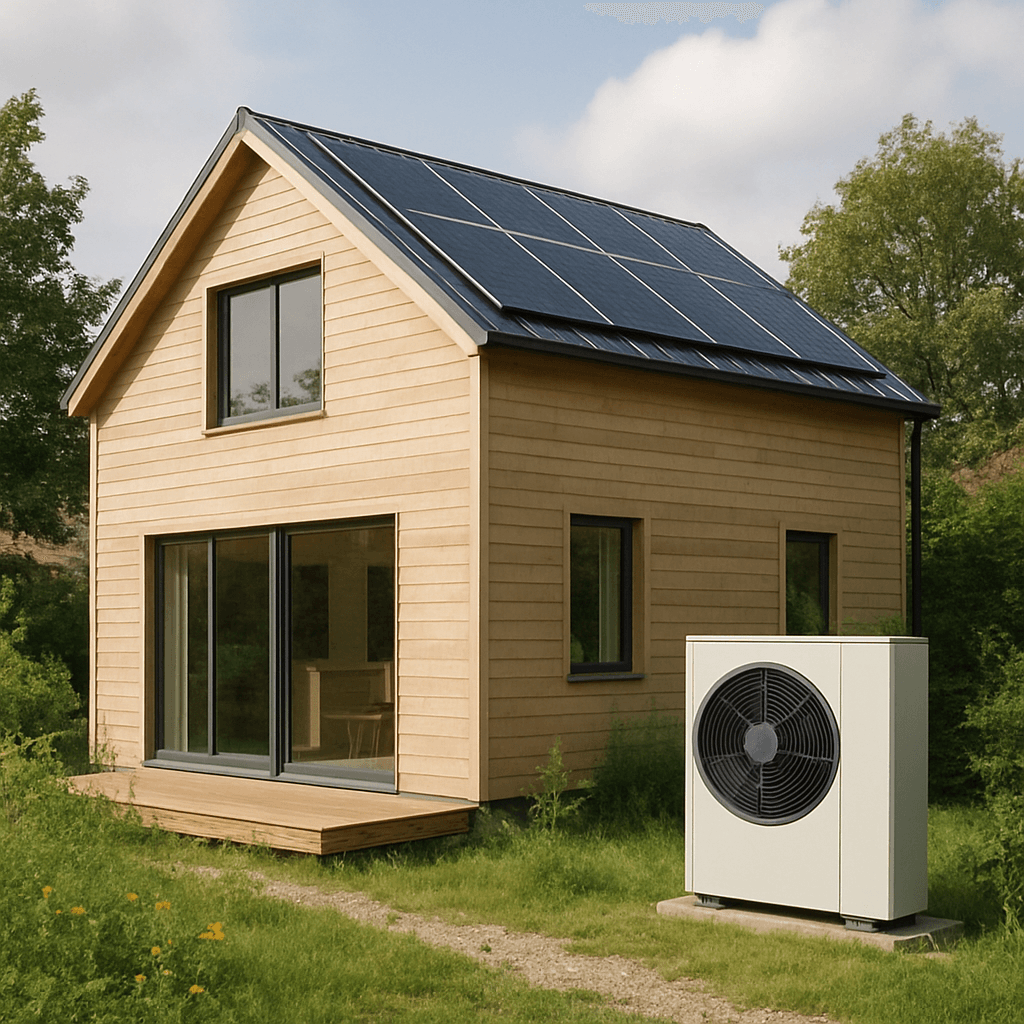
Heat pumps are a more environmentally friendly option compared to traditional heating systems. By using electricity more efficiently and relying less on fossil fuels, they contribute to lower carbon emissions and a reduced environmental footprint. This is increasingly important as homeowners seek to reduce their environmental impact and align with global sustainability goals. Additionally, some heat pumps can be powered by renewable energy sources, such as solar panels, further reducing their environmental impact and promoting energy independence.
Improved Indoor Air Quality
Heat pumps can improve indoor air quality by circulating air efficiently and maintaining humidity levels. This can be particularly beneficial for individuals with allergies or respiratory issues, as it helps reduce allergens and pollutants in the air. By continuously filtering and circulating air, heat pumps help maintain a cleaner indoor environment, which is essential for health and wellbeing. Furthermore, the ability of heat pumps to regulate humidity levels prevents the growth of mold and mildew, contributing to a healthier indoor climate.
Choosing the Right Heat Pump for Your Home
Size and Capacity
Selecting the right size and capacity for your heat pump is crucial. An undersized unit will struggle to heat or cool your home effectively, while an oversized unit may short cycle, reducing efficiency and lifespan. Consulting with a professional HVAC technician can help you determine the best fit for your home. Proper sizing is critical to achieving optimal efficiency and comfort, and a professional can use tools like load calculations to ensure the system is tailored to your specific needs. Beyond size, it’s also important to consider the efficiency ratings of potential units, such as the Seasonal Energy Efficiency Ratio (SEER) and Heating Seasonal Performance Factor (HSPF).
Installation Considerations
Proper installation is critical to the performance and efficiency of your heat pump. It’s essential to work with an experienced HVAC contractor who can ensure the system is installed correctly and optimized for your home’s needs. At LC Heating and Air Conditioning, we pride ourselves on providing top-notch installation services, ensuring your heat pump operates at peak efficiency. The installation process includes evaluating the best location for the unit to maximize efficiency and ensure minimal noise disruption. Proper installation also involves careful attention to the system’s integration with existing ductwork or the installation of new ductwork if necessary.
Maintenance and Longevity
Routine Maintenance
Like any HVAC system, heat pumps require regular maintenance to ensure optimal performance and longevity. This includes cleaning or replacing filters, inspecting ductwork, and checking for any potential issues. Regular maintenance can prevent costly repairs and extend the life of your system. Ensuring that heat pumps are maintained at least twice a year can help identify minor issues before they become significant problems. In addition, regular upkeep can maintain the system’s efficiency and ensure that it continues to operate at its best.
Professional Servicing
While some maintenance tasks can be performed by homeowners, it’s beneficial to schedule annual check-ups with a professional technician. At LC Heating and Air Conditioning, our experts provide comprehensive servicing to keep your heat pump running smoothly. If you encounter any issues or prefer professional handling, don’t hesitate to contact us at (818) 858-7080. Professional servicing includes a thorough inspection of all system components, ensuring that refrigerant levels are correct, and that electrical connections are secure. This level of attention helps ensure the longevity and reliability of the system.
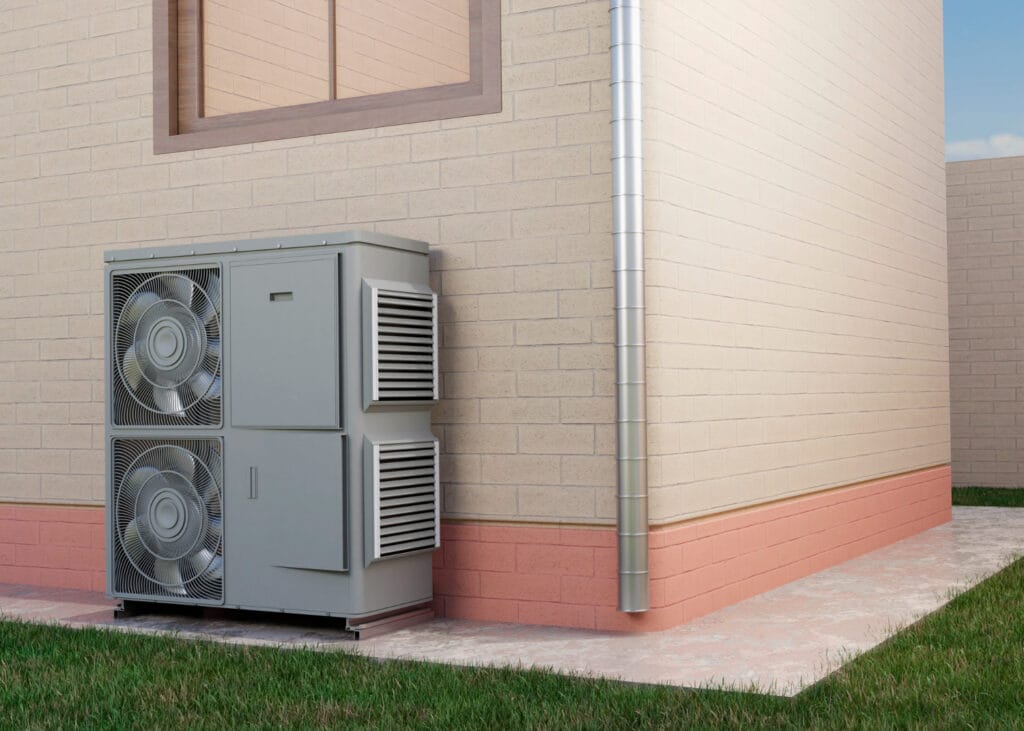
Cost Considerations and Savings
Initial Investment and Rebates
The upfront cost of a heat pump can vary depending on the type and installation requirements. While the initial investment may be higher than traditional systems, the long-term savings on energy bills and potential rebates or incentives can offset these costs. Various governmental and local programs offer financial incentives for installing energy-efficient systems, which can significantly reduce the overall cost. Additionally, investing in a heat pump can increase your property’s value, offering further financial benefits.
Long-term Savings
Heat pumps are known for their energy efficiency, which translates to lower utility bills over time. The savings can be substantial, making them a financially sound investment for your home. Over the lifespan of the system, homeowners often find that the reduced energy costs outweigh the initial investment, particularly in regions with high energy prices. Furthermore, the durability and longevity of heat pumps mean fewer replacement costs, contributing to their overall cost-effectiveness.
Conclusion
Heat pumps offer an efficient, versatile, and environmentally friendly solution for home heating and cooling. By choosing the right system, ensuring proper installation, and committing to regular maintenance, you can enjoy improved home efficiency and comfort. The integration of a heat pump into your home not only supports a sustainable lifestyle but also offers the reliability and performance needed to meet modern living demands.
As a trusted HVAC professional, I’m here to help you navigate your options and provide the best solutions for your home. If you have any questions or need assistance with your heat pump installation or maintenance, please reach out to LC Heating and Air Conditioning at (818) 858-7080. Together, we can ensure your home remains a comfortable and efficient sanctuary year-round. Our commitment is to provide expert guidance and top-quality service to help you achieve the highest levels of home efficiency.

